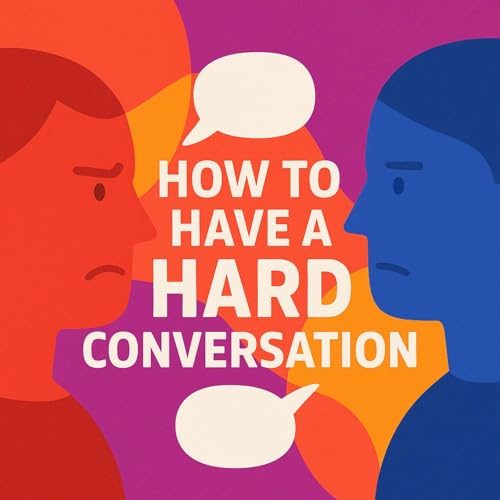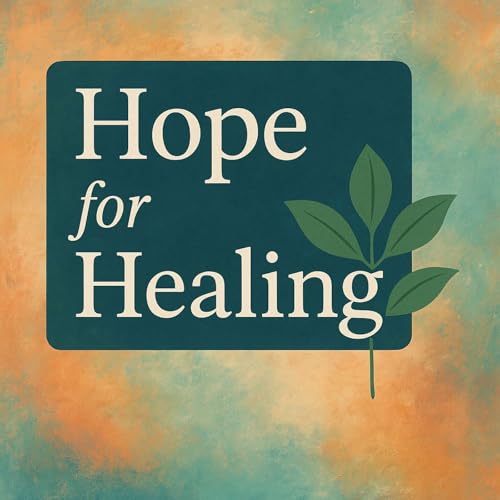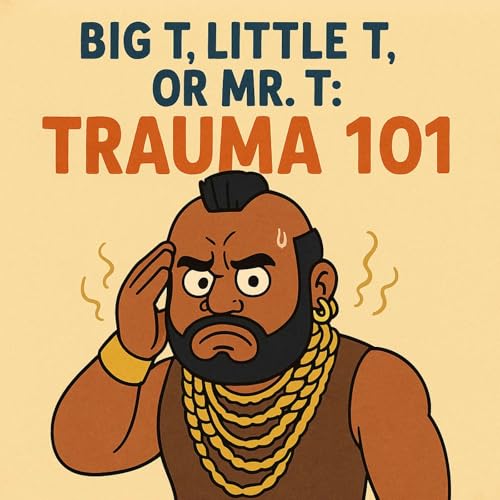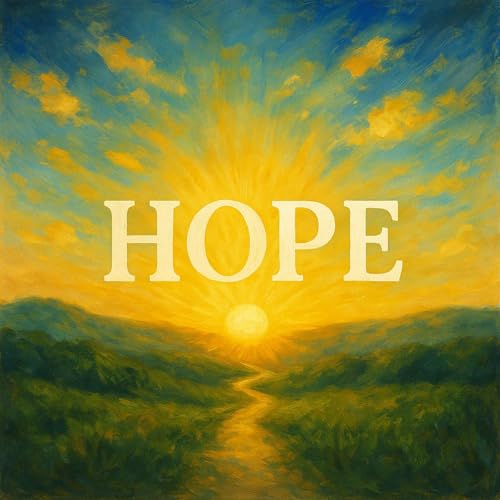Contact us @ jimdouglasgregory@gmail.com
Sometimes Life Happens — Wounds, Wisdom & the Word (Ep. 3)
Summary
When “life happens” all at once—panic triggers, a family car breakdown, and a violent crash right in front of you—how do you keep it together? Jamie and Doug unpack a whirlwind week that led from crisis triage on the roadside to unexpected gratitude, church family support, and even a soul obeying the gospel. Along the way they talk trauma, coping, the myth of “having it all together,” and learning to thank the parts of us that helped us survive—while letting them rest.
Chapter Markers (approx.)
- 00:00 – Welcome & why we missed last week; “Sometimes Life Happens” theme.
- 03:06 – Doug’s week: physical illness, a trigger tied to prior pastoral trauma (infant death call), panic/dissociation.
- 08:16 – Emergency in Nashville: the Denali’s shifter linkage breaks; stress spikes.
- 09:50 – The crash: car in front of Doug gets T-boned; he stops to help amid glass and smoke.
- 11:36 – Triage on the shoulder: controlling severe facial bleeding, shock, and keeping the victim talking about her kids until EMS arrives.
- 15:28 – She codes in the ambulance; life-flight to Skyline; Doug processes the aftermath.
- 21:47 – The church shows up: car seats, funds, medicine—needs met and then some.
- 23:39 – Hospital visit, providential layers, and—on Monday night—the husband obeys the gospel.
- 31:26 – “Baling-wire faith”: doing what you can with what you have (and why “barely holding it together” is still holding it together).
- 44:13 – Comfort vs. familiar: why dysfunction can feel “normal,” and how perspective breaks the spell.
- 49:20 – Thank the survival parts, then release them from duty.
- 50:35 – Closing & Scripture.
Key Themes & Takeaways
- Trauma can ambush on ordinary days. Triggers may resurface old wounds without warning; name what’s happening and ground yourself.
- Small actions matter in big moments. Pressure on a wound, calm words, and presence can change a family’s future.
- Church family as first responders. Practical help (seats, meds, money, rides) reveals Christ’s love in motion.
- “Barely” is still victory. If you “barely held it together,” you still held it together; celebrate that.
- Comfort ≠ Healthy. What’s familiar can be dysfunctional; seek new, healthier normals with wise support.
- Retire old survival strategies. Thank the parts that kept you alive, then release them so growth can happen.
Scripture (ESV)
- Hebrews 13:2 — “Do not neglect to show hospitality to strangers, for thereby some have entertained angels unawares.” (Used in the episode’s close.)
Practical Tools Mentioned
- Grounding & self-talk: naming panic, orienting to the present, giving yourself credit for “holding on.”
- Perspective-taking in counseling: viewing younger “you” with compassion; outside-in reframing.
Listener Reflection Questions
- When have you “barely” held it together—and what helped you keep going?
- Which familiar patterns in your life are comfortable but not healthy? What one step could you take toward a new normal?
- Who around you might need practical love this week (a ride, a meal, a bill covered)?
Content Advisory
This episode includes references to traumatic events (infant death scene, car crash, severe injury, dissociation/panic). Listener discretion advised.
Call to Action
- Share the episode with someone who’s in a hard season.
- Tell us your story or ask for prayer/support—reply with a message or email.
- Subscribe & review to help others find the show.
Want this turned into a formatted blog post, YouTube description, or social captions (FB/TikTok/IG) with hashtags? I can spin those up from the same transcript next.
 2025/12/0953 分
2025/12/0953 分 1 時間 23 分
1 時間 23 分 51 分
51 分 2025/10/301 時間 2 分
2025/10/301 時間 2 分 51 分
51 分 2025/09/2452 分
2025/09/2452 分 2025/09/1255 分
2025/09/1255 分 2025/09/0557 分
2025/09/0557 分
